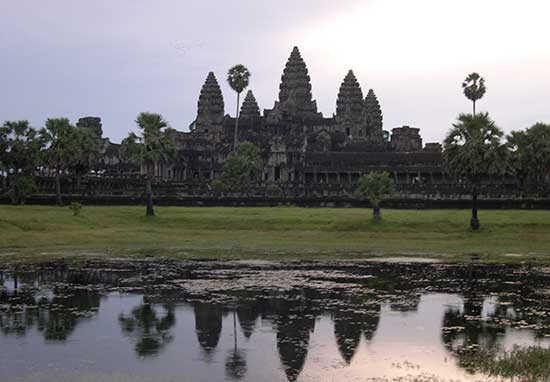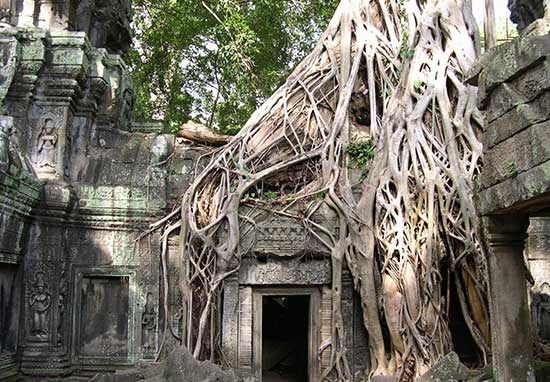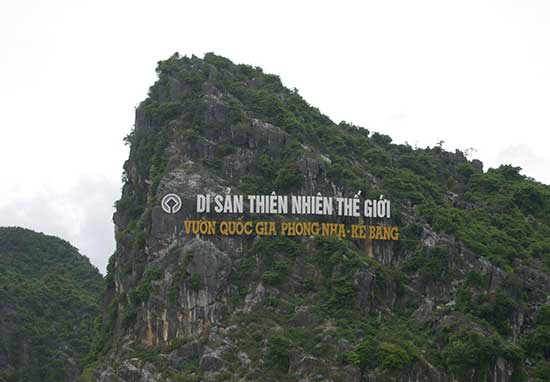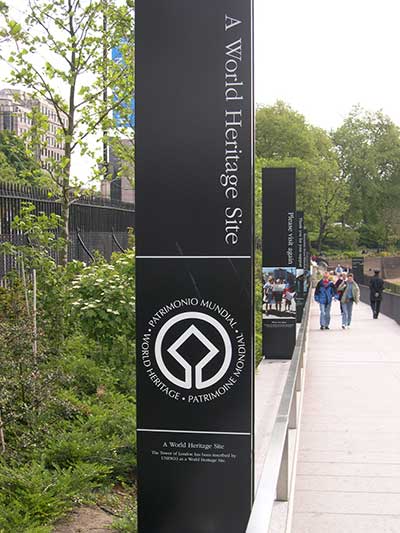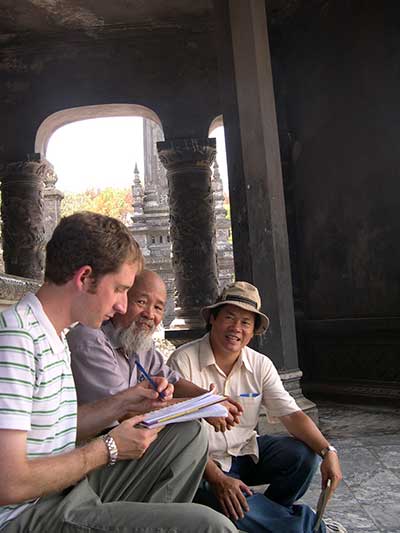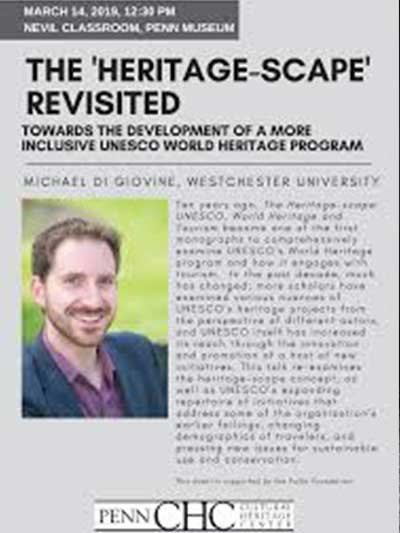Heritage and Tourism / UNESCO research
Stemming from years as a tour operator in Europe, East Asia and Southeast Asia, I have been conducting long-term research on the intersection between tourism and heritage discourses and practices, especially in Cambodia, Vietnam, and Italy. I am particularly focused on understanding UNESCO’s ever-developing and ever-deepening engagement with heritage, preservation and tourism in what I called the “heritage-scape”, an amorphous and expanding, worldwide imagined community that aims to produce “peace in the minds of men” (UNESCO 1945) through the ritual appropriation and juxtaposition of heritage sites around the world that are deemed to be of “universal value”.
As UNESCO continues to not only expand its definition of heritage but also its conventions and agreements, I argue the heritage-scape is but one of several overlapping -scapes within what I consider UNESCO’s larger World Heritage Program. UNESCO’s World Heritage Program is a collection of conventions, initiatives and networks that continue to broaden its engagement with cultural and natural heritage, intangible heritage, and creative tourism endeavors, complexifying what heritage means and how it is managed. Specifically, it includes the 1973 World Heritage Convention, the 2003 Intangible Heritage Convention, the Creative Cities Network, and a variety of projects, programs and agreements including the ground-breaking Siem Reap Declaration pledging mutual coordination between the UN World Tourism Organization and UNESCO.
I have written about these individually and collectively, starting in 2009 with the publication of the critically acclaimed monograph, The Heritage-scape: UNESCO, World Heritage and Tourism. At the time, the book was the first of its kind to examine UNESCO World Heritage Convention and its connection with tourism. In 2017, I was honored to be asked to write a retrospective for a special issue of the open-access journal Via@ Tourism Review on the top 10 most influential concepts in critical tourism studies. This was followed by a special lecture in 2019 at the University of Pennsylvania’s Museum of Anthropology on the anniversary of the concept of “the heritage-scape” on the 10th anniversary of the publication of the book.
Along with this, I continue to research and speak on the ethics of tourism (and related forms of travel), heritage preservation and sustainability.
